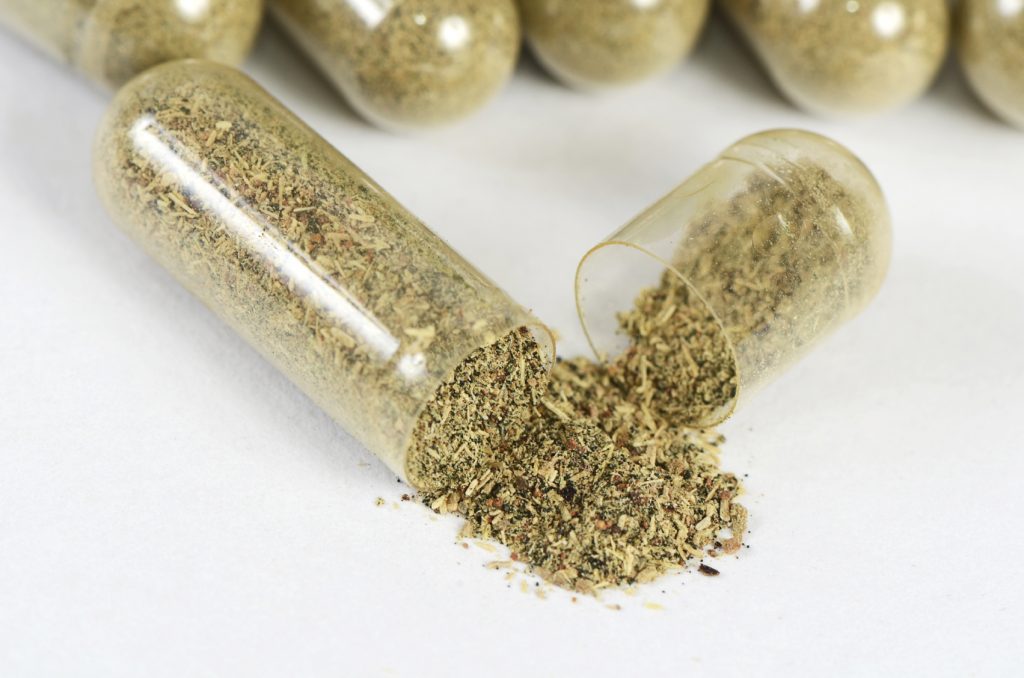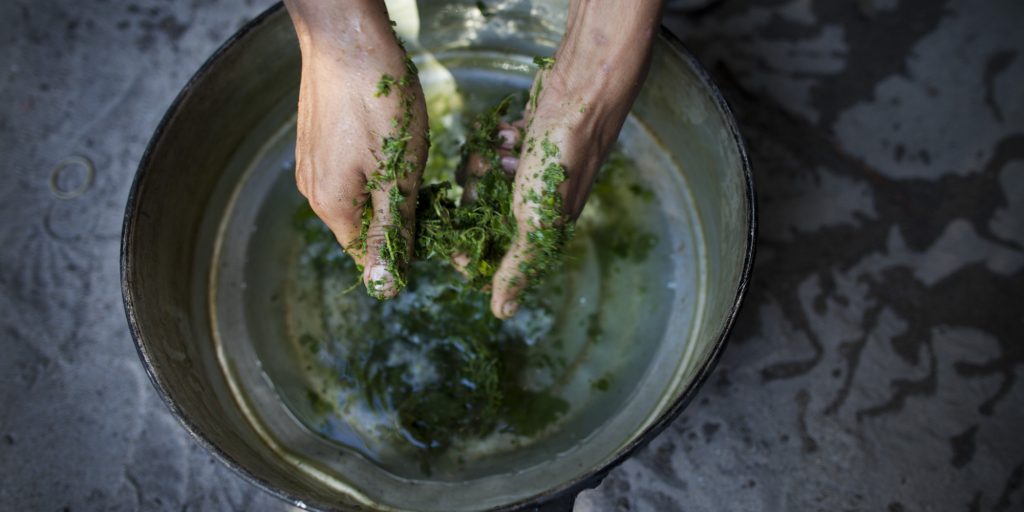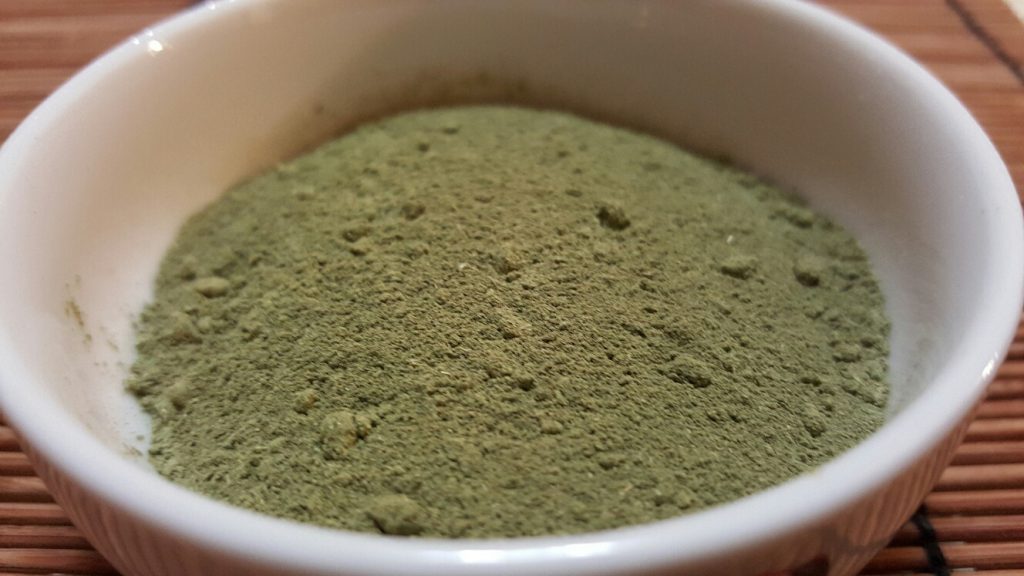
Using kratom for opiate withdrawal is nothing new. For centuries now, people who suffer from withdrawal symptoms, like the ones that come after heroin use, are turning to this natural remedy in order to get relief. This plant, which grows in the wild of Southeast Asia, has been used for treating many serious medical conditions. Researches have confirmed that the potent natural alkaloids of this plant are able to soothe the most intense heroin withdrawal symptoms. This is why Kratom is one of the best natural remedies for many side effects of various drug addictions.
How Does Kratom Work for Heroin Withdrawal
First, we will talk about how heroin affects your body. The agonists found in this opiate bond with your cell receptors and then they stimulate the sympathetic nervous system. This results in an increased production of endorphin. This makes you feel “high”, and it also creates a dangerous dynamic in your body. After some time, your body adjusts to these feelings and new levels of functioning, but your body will no longer have the ability to produce endorphin at this level.
Your receptors will begin to ask for more of the drug. If you suddenly stop to feed your receptors with heroin, your entire nervous system will experience a severe crash. So, naturally, you will take more of the drug and this is how it starts…

Kratom is not an opiate; the alkaloids in the plant are there naturally, within its leaves, and they can interact with the body’s receptors, but they do not generate any dependency or severe addiction when used correctly. Kratom provides a soothing effect on the receptors that are “needy”; it eases them with natural stimulation and gets the body in a more balanced state. Kratom brings back a normal appetite, and helps reestablish normal sleep patterns. It also helps ease nausea; it provides muscle pain relief and helps deal with those depression-related thoughts.
Kratom has over 25 alkaloids including Mitragynine, which is the one that is responsible for the majority of kratom’s effects. Mitragynine is an opioid agonist, meaning that it attracts the opioid receptors of the brain. It binds to other brain receptors and gives them a pleasant feeling, similar to heroin, but the difference is that kratom prefers delta opioid receptors, where heroin binds to mu opioid receptors. So, when you stop using heroin and turn to kratom, withdrawal symptoms are moderated and minimized because of the binding of Mitragynine. Besides treating heroin addiction, kratom can also be used with methadone, suboxone and oxycontin.
Since there are different types of kratom, there are, hence, different effects. They also depend from person to person and the amount taken plays an important role as well. The effects of kratom are at the same time relaxing and energizing; higher doses promote relaxation and lower doses give a more stimulating effect. After taking kratom, the effects start to kick in after 20 minutes and they last from 3 to 6 hours, depending on the type that is taken and the patient’s background.

The key to treating heroin addiction with kratom is patience, because the whole point is to ease the body off from heroin dependency. Many long-term addicts experience problems when tapering off heroin because of the shock to their systems. This is why many kratom users recommend an approach that will be measured and slow, where you will slowly introduce a kratom routine instead of heroin. As the heroin gets replaced with kratom, you can then gradually start lowering the dosage of kratom and, in time, stop using it altogether.
Everyone is different and so is their addiction severity, withdrawal symptoms, tolerance and there are other conditions that play an important role in this whole process. Anyone who suffers from heroin addiction should ask for help, support and guidance in their attempt to get themselves back into a balanced state. Taking kratom for opiate addiction is best done with the help of a professional, so consult with a qualified health practitioner and you will pave your way to a healthy and safe recovery.

Permalink
Permalink
Permalink